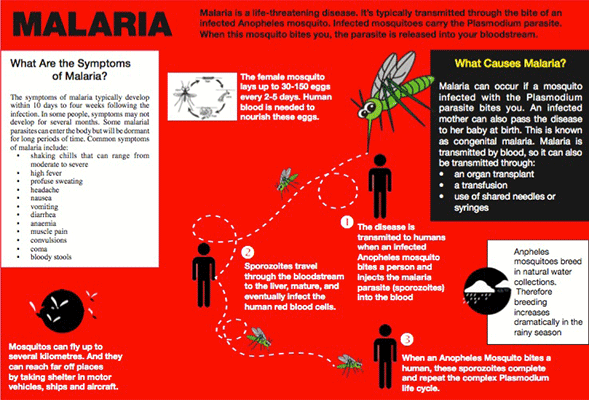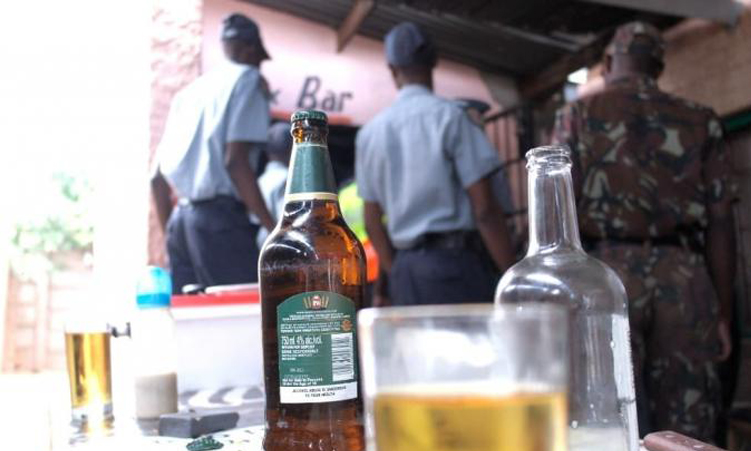ABOUT 177 casual workers who were recruited for indoor residual spraying for mosquitoes in the Zambezi region have not been paid since the programme started two months ago.
The indoor residual spraying (IRS) programme against malaria-carrying mosquitoes is an annual initiative of the health ministry. It is expected to last three months.
There are 10 clusters in the region, where malaria outbreaks have been common. These are Lisikili, Mubeza, Bukalo, Ngoma, Schuckmansburg, Chinchimani, Sangwali, Sheseke, Sibbinda and Cheto.
The volunteers who spoke to The Namibian on condition of anonymity for fear of victimisation and rather preferred to be identified by the clusters they belong to, said they are repeatedly given empty promises about getting their money every week, making their lives difficult.
“When I volunteered for this programme, I was hoping to provide for my family for the three months. But this has not been the case, as my family is suffering because they have to look for other means to have food every week as I am working out in the field. Even the banks are calling us, threatening to close our accounts,” said a volunteer from the Schuckmansburg cluster.
Another volunteer from the Sangwali cluster said it is very hard for him to travel back home every weekend because of the lack of money.
“During weekends we are off, and can go back home. But I sometimes cannot do that because I have no money. Even staying here during the weekends is very difficult because I have no food, and since I am not from this area, I do not have relatives here. Where can we go to ask for food? I really do not know what is happening because we signed contracts which indicated that we will be paid every month, but nothing is happening,” he lamented.
A volunteer from the Bukalo cluster said the non-payment is affecting his accounts as he is in arrears, and this forces him to borrow from loan sharks, loans he is struggling to pay back with interest.
“I have furniture accounts and funeral policies that I need to pay. But now, I am unable to because of this situation. Every month, I borrow money, which I cannot repay. We took these jobs because we were told that we would be paid every month to take care of our families,” he noted.
Michael Lifasi, the indoor residual spraying programme manager under the ministry of health in the Zambezi region, also confirmed the non-payment to workers, but said this might be due to the fact that the payment system has changed.
When the spraying programme was introduced, volunteers were paid at the end of the three months instead of monthly, he said.
“However, this year the system has changed, and the workers were supposed to be paid every month, which is why people are expecting the money. As a region, there is not much we can do because the payment system is centralised in Windhoek as this is funded under the Global Fund programme.
“We have done our part and sent in the claims. So, all we can do is wait on them,” he explained. Efforts to get comment from the health ministry’s permanent secretary, Andreas Mwoombola, and the ministry’s public relations officer, Manga Libita, were unsuccessful.
Stay informed with The Namibian – your source for credible journalism. Get in-depth reporting and opinions for
only N$85 a month. Invest in journalism, invest in democracy –
Subscribe Now!






